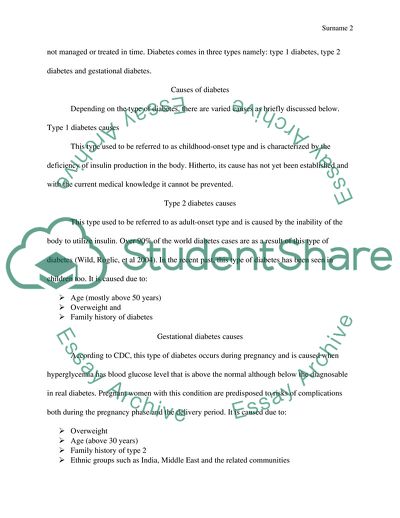Research paper diabetes Essay Example | Topics and Well Written Essays - 750 words. https://studentshare.org/medical-science/1872834-history-of-diabetes
Research Paper Diabetes Essay Example | Topics and Well Written Essays - 750 Words. https://studentshare.org/medical-science/1872834-history-of-diabetes.


